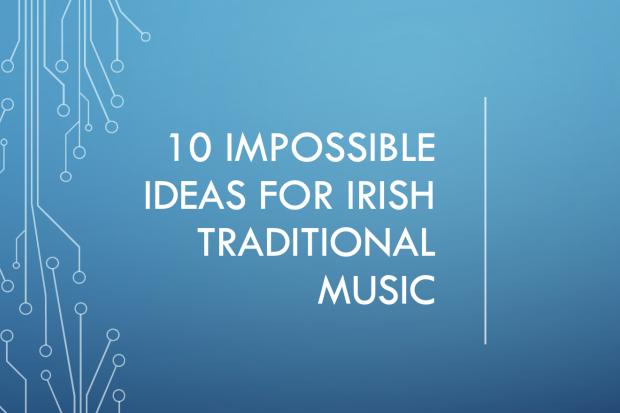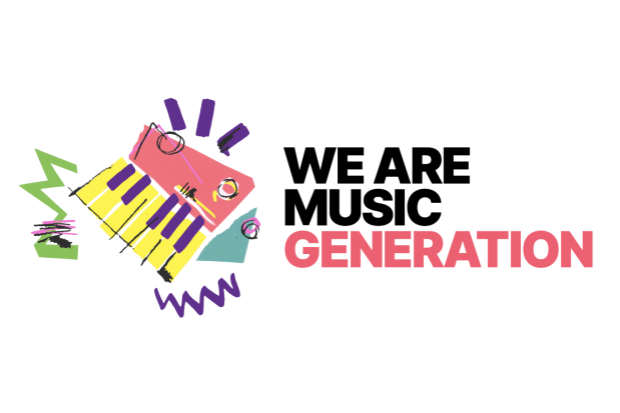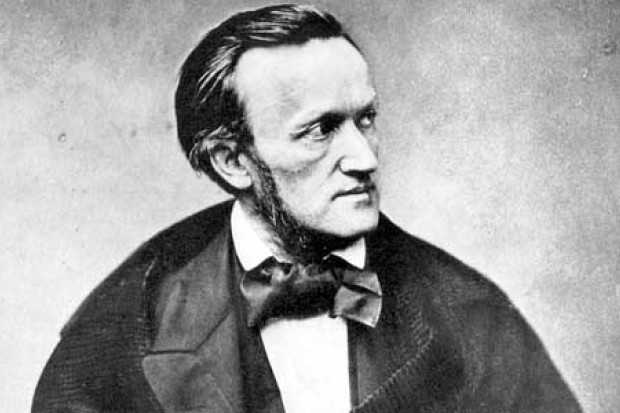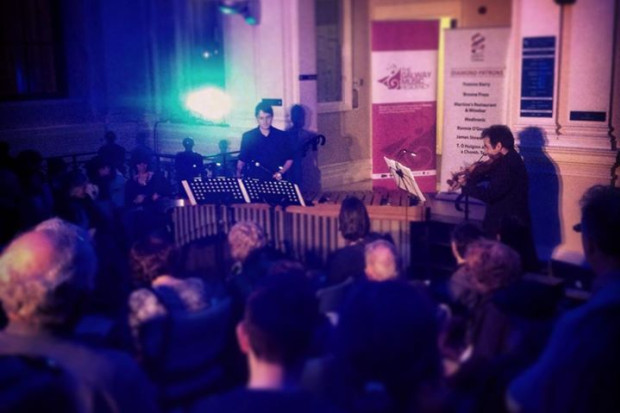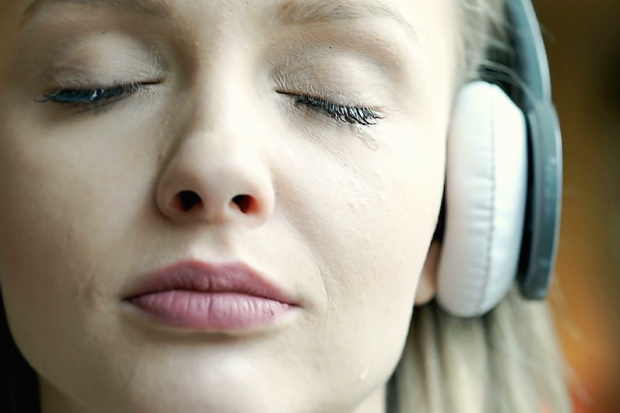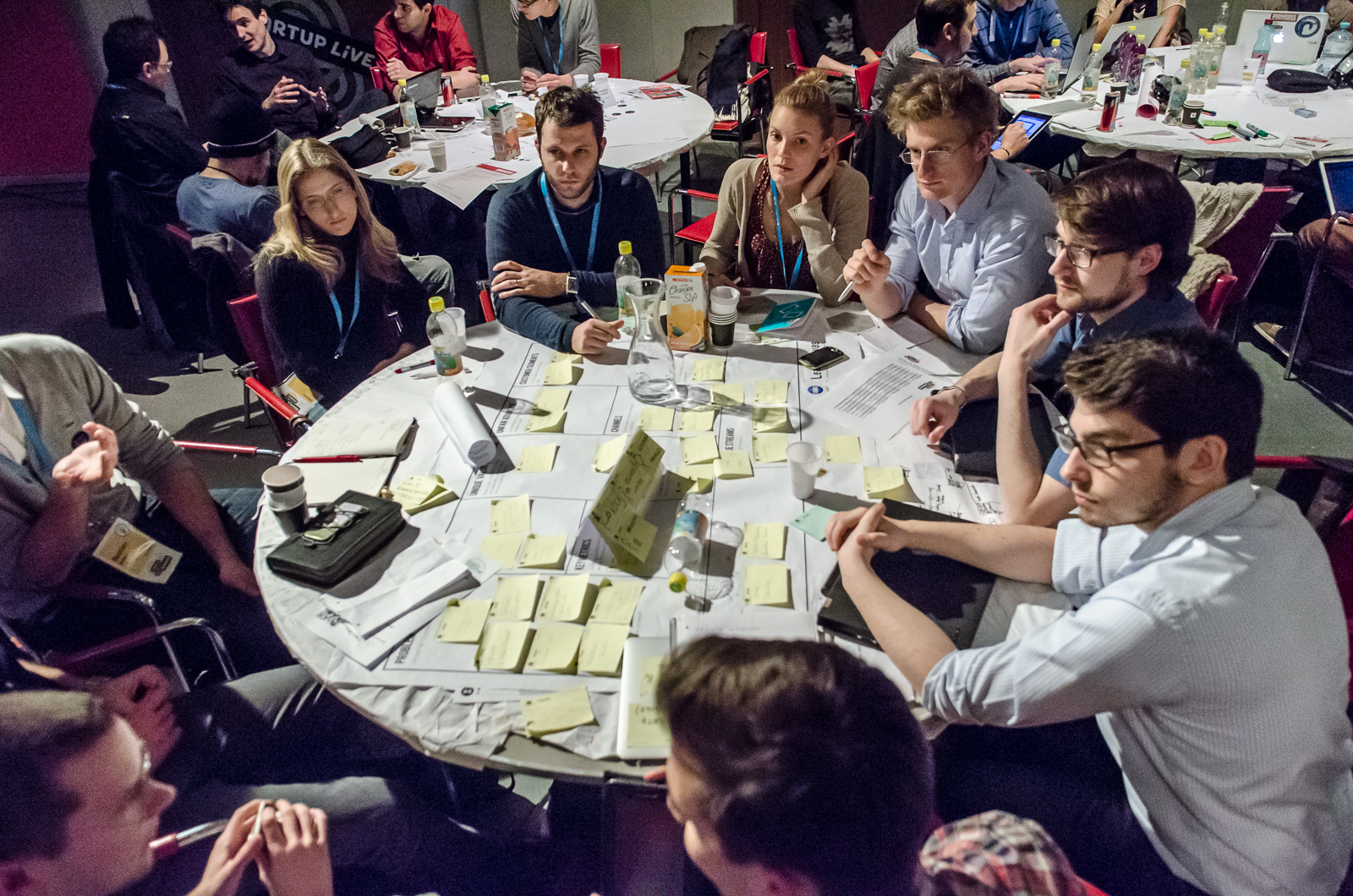
You're Not an Artist, You're a Start-Up
This week, Enterprise Ireland announced a €200,000 fund for four counties in the south-east of Ireland to ‘boost start-ups’. In September, it announced a fund of €200,000 for three counties in the north-east. In March, start-ups in the county of Cork received the same fund. Enterprise Ireland also announced a €500,000 fund aimed at stimulating start-ups among graduates, and, with Hoxton Ventures, a €5.9 million venture capital fund for early-stage businesses.
As well as this type of funding for start-ups, there are accelerator programmes, incubators, digital hubs, seed funds, venture capital funds, angel funds, innovation awards, innovation vouchers, mentoring schemes, courses, summits and showcases abroad – all requiring an investment of tens of millions. Coverage in national newspapers and radio business shows flows for the newest of businesses.
The feverishness around the idea of the ‘start-up’ is remarkable and there is a lot to be learned from the phenomenon.
Start-ups tell a good story. They are positive, highly ambitious and unapologetic about the funding they need to make their business a success. They are also unafraid of making mistakes, of changing their minds, trying something new, even reinventing their entire idea if necessary – known as ‘pivoting’. Start-ups don’t overly concern themselves with sales in the short-term, they are in the world of ideas, imagination and innovation, and focus on being ahead of the curve. Not even complete failure inhibits them. They are imbued with a philosophy of ‘fail fast’ – if it’s not working, quit and move on to the next thing. To have started several start-ups, fail and then start again, is a virtue.
This culture of thinking comes from Silicon Valley and it has gripped the imagination of many creative Irish people. It appeals because it is far away from the historic negativity and fear that has often inhibited Irish people from doing what they wanted to do, or saying what they wanted to say. Start-up culture is about risk-taking and making things happen, whether they be social or commercial initiatives. The result is change and opportunity and a real benefit to society. It is not an easy choice, nor a safe career, and there will be as much personal fall-out as success.
A risky business
Those in the musical, artistic and cultural world, however, could be forgiven for looking at this world forlorn. Isn’t this the kind of creative risk-taking that the music and arts world has been doing forever? Why don’t they attract the same support? What about their potential for job creation?
Consider some recent news from the music and arts world in Ireland, such as the results of Music Network’s Music Capital scheme. This is the principal annual funding scheme for 26 Irish counties for all community groups and professional musicians who want to purchase quality musical instruments. The total awarded was €178,500 (less than the start-up fund amount for three counties) for 19 performing groups and 13 individual musicians – an average of €5,576 per applicant. There were 130 applications for the scheme, bringing the total value of funding requests to €788,583. The 98 who weren’t successful, regardless of their talent, will have to make do.
Meanwhile, the Arts Council of Northern Ireland is waging a public campaign to prevent the Northern Ireland Government from cutting the 13p per citizen that makes up the ACNI’s current budget. The Arts Council of the Republic of Ireland has received an additional allocation of two million from the Department of the Arts, Heritage and the Gaeltacht, bringing its budget for 2015 to just under 60 million. That’s €2.3 million for every Irish county in the Republic, to cover the principal state investment in all art forms – music, theatre, literature, visual arts, opera, architecture, circus, film, all arts festivals, and traditional music, song and dance. How far do you imagine that could go?
Every cent of public arts funding is fought for tooth-and-nail, the result of constant campaigning, and still it regularly gets cut without a thought for the impact it will have. On the other hand, funding for starts-up businesses flows freely, governments and state organisations are eager to announce a new stream of funding because it represents ‘action on jobs’, and if a company doesn’t succeed, little is said. In an interview in the Sunday Times this week, Garry Hynes of Druid Theatre said,
Nobody talks about the hidden subsidy of the arts. Actors who act for less money than they should, managers and staff who work for low wages to keep arts centres open – they are subsidising the arts by working for less than they would be paid by applying their talents in other industries. Volunteerism is good, but the arts depends on it far too much. You wouldn’t ask an engineering firm to run on local volunteers.
Does the tech world have that much more potential for sustainable job-creation in Ireland then the Irish musical and arts world?
Change our story
Were the same funding that start-ups attract to be injected into the music sector, would anyone wager against it having a similar economic effect? Imagine the result: global hit music shows created by Irish promoters constantly touring and employing tens of thousands; world-class music institutions teaching all genres of music to the multitudes from all over the world (in Ireland and online); Irish musicians and composers running multi-billion businesses based on their original work; Irish global music publishing businesses custom-made for the digital age; world-class touring orchestras, bands, ensembles and quartets; the best music journalism in the world; and yes, lots of start-ups providing digital music services too!
Perhaps all we need to do is change our story.
A couple of months ago, a neighbour rang me to enquire about music lessons in the area. She mentioned that her fourteen-year-old daughter, who is really talented, needed a new concertina. A good instrument can cost around €3,000, so clearly cost was an issue. I mentioned a couple of music funding schemes that might help, but none were quite suitable.
Maybe my advice should have been different: your daughter is not a concertina player, she is a music start-up! She is user-focused, her customer offering and business model are based on significant technical insight, and she has a clear business solution for the multi-billion dollar global entertainment sector!
Somebody get me my chequebook!
Published on 19 December 2014
Toner Quinn is Editor of the Journal of Music. His new book, What Ireland Can Teach the World About Music, is available here. Toner will be giving a lecture exploring some of the ideas in the book on Saturday 11 May 2024 at 3pm at Farmleigh House in Dublin. For booking, visit https://bit.ly/3x2yCL8.











